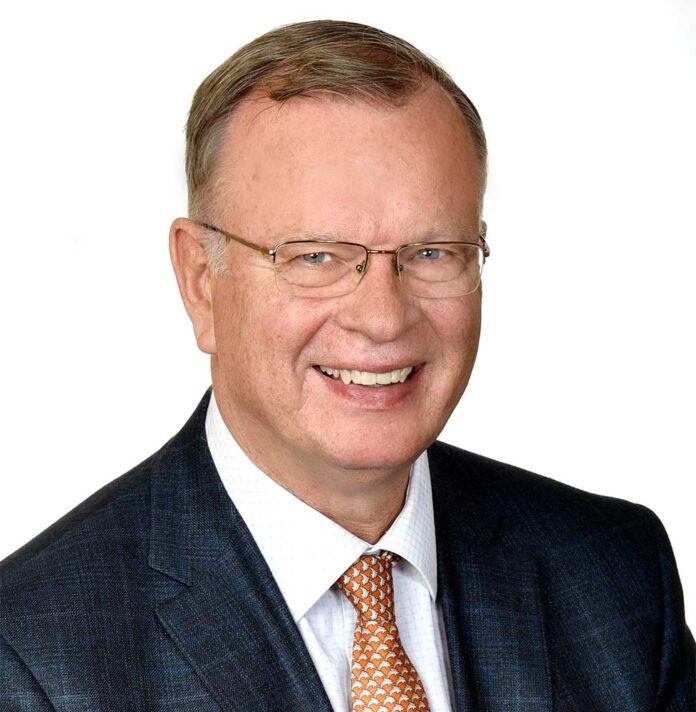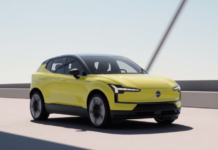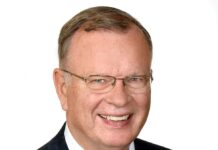PEOPLE making the transition to electric vehicles (EVs) will have more access to electric charging with 44 new charging stations in communities and municipalities throughout B.C.
“As British Columbians are switching to electric vehicles at record speed, we continue to expand our network of electric charging stations and accelerate toward our CleanBC goal of completing B.C.’s electric highway by 2024 with our rebate programs,” said Bruce Ralston, Minister of Energy, Mines and Low Carbon Innovation, on Wednesday.
“With these new charging stations, British Columbians can travel to different communities throughout the province with ease and contribute to a low-carbon future.”
The charging stations are funded under the seventh round of the CleanBC Go Electric Public Charger Program, which aims to increase the number of public direct-current fast-charger (DCFC) stations throughout B.C. to support the growing number of EVs on the road. Thirty-nine of the new charging stations are DCFC stations, while five of them are Level 2 charging stations.
“We’re building a cleaner, better future for people with more fast-charging stations for electric vehicles in communities throughout the province,” said George Heyman, Minister of Environment and Climate Change Strategy.
“By making cleaner choices easier and more affordable, we’re making sure 90% of all new light-duty vehicles sold in B.C. are zero emission by 2030 and 100% by 2035 – a key commitment in our CleanBC Roadmap to 2030.”
Fourteen communities throughout B.C. will benefit from the charging stations. The program is funding two fast-charging stations each in Coquitlam, Nanaimo, Surrey, Quesnel, Mission, Port Alberni, Summerland, Kitimat and Kelowna, and four fast-charging stations in Vancouver.
The program is also funding two fast-charging stations and four Level 2 charging stations in Whistler, as well as three fast-charging stations and one Level 2 charging station in Richmond. Terrace will receive four fast-charging stations while Victoria will receive eight fast-charging stations.
“We’re thrilled to receive provincial funding to help implement our electric vehicle and electric mobility strategy, which outlines a plan to rapidly expand our network of EV chargers over the next five years,” said Lisa Helps, Mayor, Victoria. “Each charger we put in gives our residents, business owners and visitors more confidence in shifting to an electric vehicle. This will help the City of Victoria and the Province to meet our ambitious climate goals.”
By switching to an electric vehicle, an average B.C. driver saves approximately $2,500 every year on fuel, along with lower maintenance costs. Fast chargers allow EV drivers to drive approximately 100 to 300 kilometres from 30 minutes of charging. Having chargers located along travel routes and remote locations encourages people to travel longer distances in EVs, without having the fear that the EV will run out of charge.
Quick Facts
* British Columbia has seen substantial growth in EV uptake, from 5,000 light-duty EVs registered in B.C. in 2016 to more than 85,000 in 2022.
* B.C. has the one of the highest uptake rates of zero-emission vehicles (ZEV) in North America. In the first half of 2022, EVs made up 16.4% of new light-duty passenger vehicles sold in the province.
* B.C. has one of the largest public charging networks, as well as the first cluster of public hydrogen-fuelling stations, in Canada.
* As of March 2022, there are more than 3,000 public charging stations in B.C., including more than 750 fast-charging stations.
* British Columbia was the first place in the world to have a 100% ZEV law, and a key CleanBC action is to strengthen the Zero-Emission Vehicles Act to require light-duty vehicle sales to be 26% ZEVs by 2026, 90% by 2030 and 100% by 2035, five years ahead of the original target.
Learn More:
For a list of the new charging stations, visit: https://news.gov.bc.ca/files/
To find charging stations in B.C., visit: https://www.plugshare.com/













